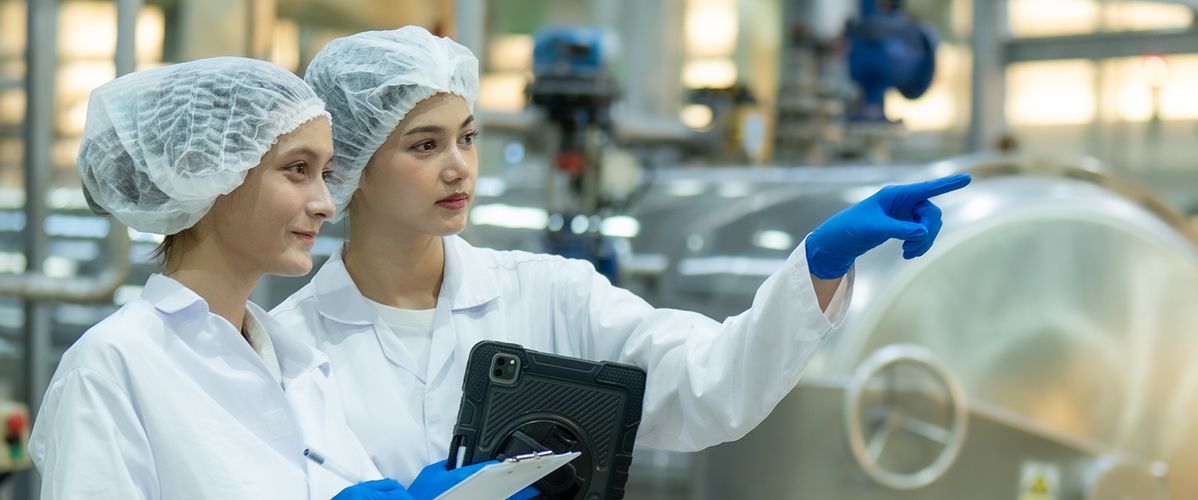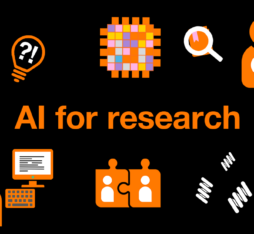• The AI evaluates 36 key factors including temperatures, malt types, and alcohol levels to predict the quality of beers before they are produced.
• In Belgium, researchers analysed big data on the flavour and consumer appreciation of 250 beers to create predictive models that take into account more than 200 chemical properties.
Robots don’t yet have taste buds, but AI can already predict beer quality by analysing detailed data on processes used to produce it. In Australia, a major brewer recently called on associate professor Niusha Shafiabady for help in fine-tuning production parameters to optimize the quality of its beers. “Beer producers have different measures of quality, which may, for example, relate to the longevity of the foam in the head, or the beverage pH.” Dr Shafiabady helped the brewer investigate the impact of different parameter values, to identify the main factors affecting beer quality, and finally, to establish ideal parameter combinations to produce optimized beer. “To do it, I used different algorithms and trained them on different types of neural network to select the ones that were the most effective.”
To train the models, the researcher used 284 different data records on the production line and then used AI to infer missing values
Detailed evaluation of production parameters
The models were trained according to data from 36 parameters, including the filtration process, the level of compression or decompression of the vessels, the type of steam boiling used, the temperatures in the different processes, the level of alcohol, the bitterness, the level of CO2 and the silos used to store the raw material. “For example, the producer wanted to choose which malt or wheat to use, knowing that they were stored in different silos.” To train the models, the researcher used 284 different data records on the production line. “I was able to use AI to reproduce the missing data. The beer producer would know what parameters were important in quality of beer and what quality of beer would be produced, without even producing it.”
Predicting beer taste and consumer appreciation
In Belgium, a team of researchers has combined extensive chemical and sensory analyses of 250 different beers to train machine learning models to predict flavour and consumer appreciation. “For each beer, we measure over 200 chemical properties, perform quantitative descriptive sensory analysis with a trained tasting panel and map data from over 180,000 consumer reviews to train 10 different machine learning models,” explain the researchers in their article Predicting and improving complex beer flavor through machine learning. The initiative could represent an important step forward for the food industry given the difficulty of comparing and classifying flavour profiles, which is complicated by the diversity of individual perceptions of taste.
Developing recipes with AI to create customized foods
Processing all of this data enabled the Belgian researchers to predict not only how beers would taste, but also how they would be appreciated by consumers. They then further tested their models with experiments aimed at improving existing commercial beers that notably adjusted concentrations of compounds like lactic acid and glycerol, which were among the 200 chemical properties studied. They concluded that “adding these compounds results in variants of commercial alcoholic and non-alcoholic beers with improved consumer appreciation. Together, our study reveals how big data and machine learning uncover complex links between food chemistry, flavour and consumer perception, and lays the foundation to develop novel, tailored foods with superior flavours.” Clearly this research will pave the way for a wealth of innovation in the production and marketing of food and beverages.
According to the World Health Organisation, no level of alcohol consumption is safe for our health.












